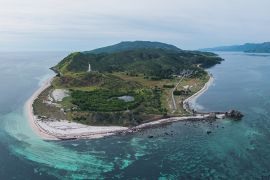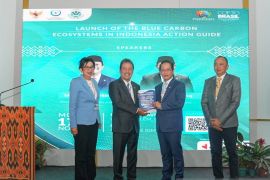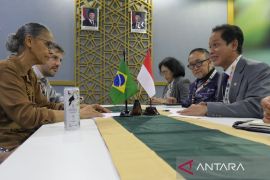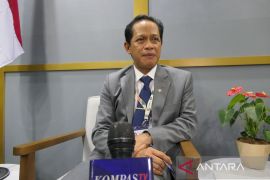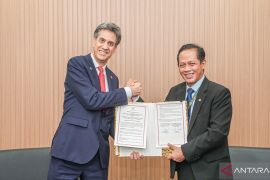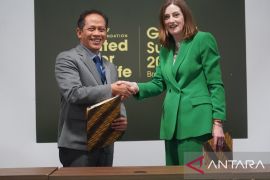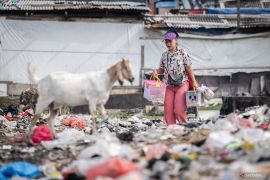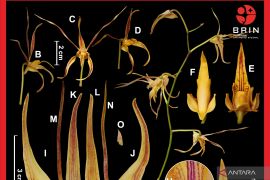According to Deputy for Pollution and Environmental Damage Control at the Ministry of Environment, Rasio Ridho Sani, Indonesia has already ratified the Nagoya Protocol, an international agreement that governs access to genetic resources and the equitable sharing of benefits from their use.
This was done through Law No. 11 of 2013.
"We have discussed with several ministries and agencies how the ratification of the Nagoya Protocol can be implemented," Sani stated.
"We are currently preparing an implementing regulation."
This new legal framework is considered essential because Indonesia is a megabiodiversity country, second only to Brazil.
Many of its genetic and natural resources are already being used by foreign companies.
Sani emphasized that Indonesia's resources are being utilized for a wide range of products, including medicines and cosmetics.
"Any party that uses our biodiversity and profits from it must share those benefits with Indonesia, as the owner of this biodiversity," Sani explained.
The Nagoya Protocol, which complements the Convention on Biological Diversity, has been ratified by 142 parties and requires countries to establish rules for the sharing of benefits from the use of their genetic resources.
Indonesia's previous ratification through Law No. 11 of 2013, sets the foundation for this new, more specific regulation.
Related news: Indonesia launches biodiversity report on Sumatra, Sulawesi ecoregions
Related news: BRIN to focus expediting several national parks to find new species
Translator: Prisca, Kenzu
Editor: Aditya Eko Sigit Wicaksono
Copyright © ANTARA 2025



